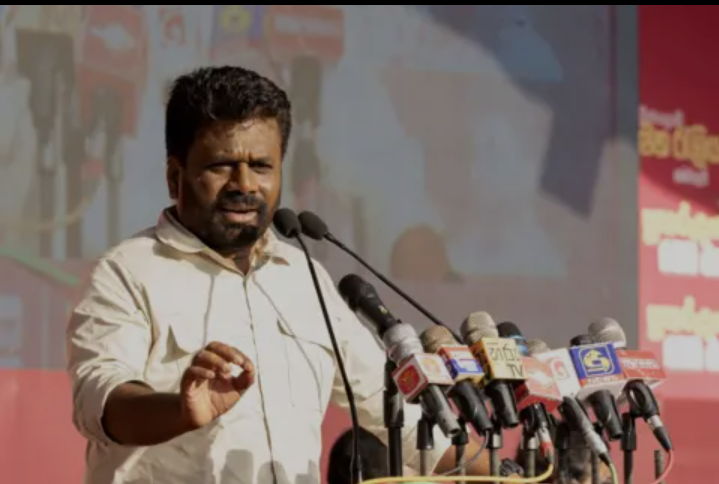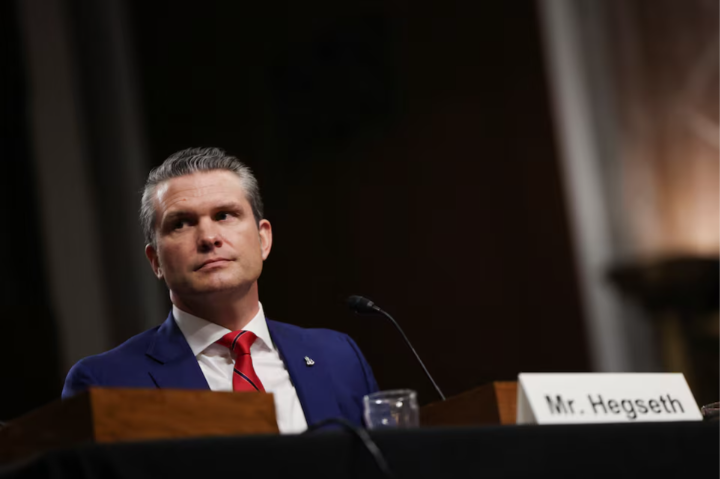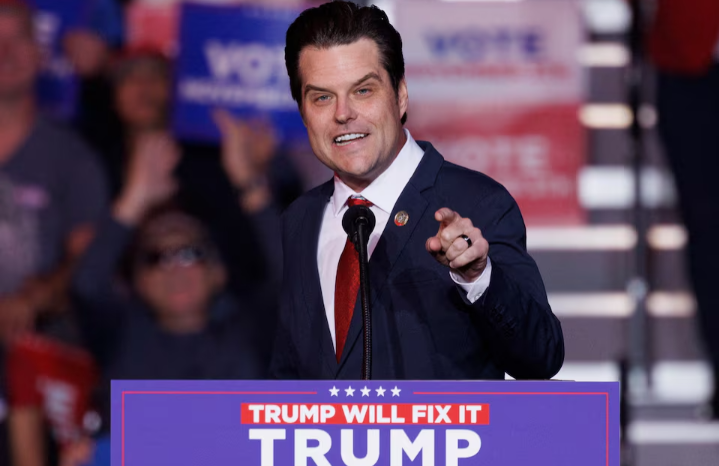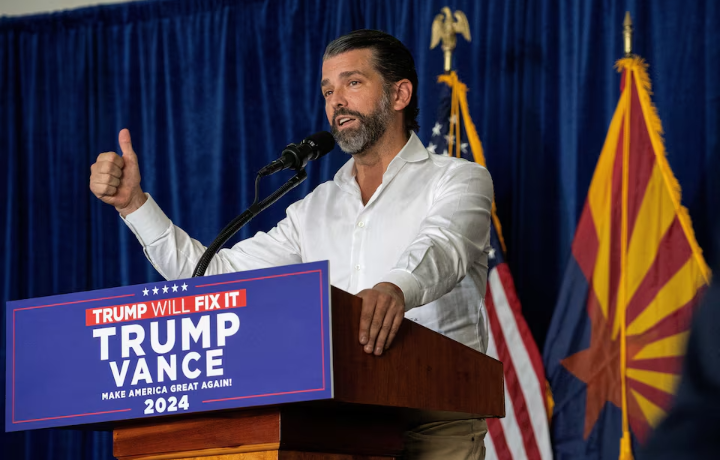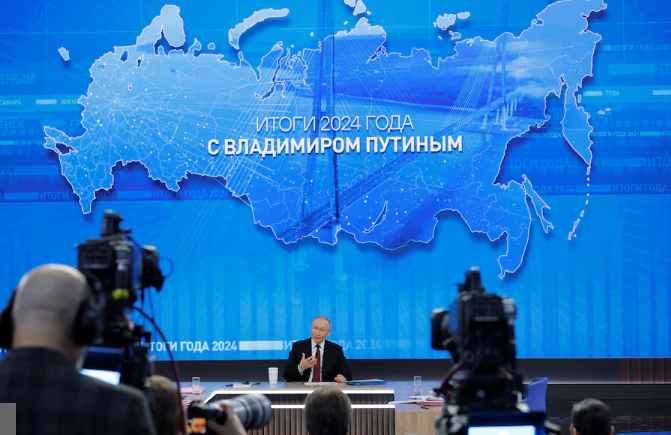Sri Lankan President Anura Kumara Dissanayake has secured a resounding victory in a sweeping election that grants him unprecedented legislative power. Riding on the wave of discontent with traditional political elites, Dissanayake’s coalition, the National People’s Power (NPP), secured a two-thirds majority in parliament during Thursday’s general election. The victory sets the stage for him to push forward his ambitious reform agenda aimed at steering the South Asian nation of 22 million people out of its most severe financial crisis since gaining independence in 1948.
Dissanayake, a former opposition figure and leader of the leftist NPP, ascended to the presidency in September, defeating established politicians like Sajith Premadasa and members of ex-president Ranil Wickremesinghe’s administration. This electoral success, described as unprecedented by analysts, reflects the public’s hunger for change. A political outsider with a background in physical sciences and hailing from a humble farming family in the southern town of Thambuttegama, Dissanayake has emerged as a symbol of hope for the impoverished and marginalized.
Challenges Ahead: Balancing Reform and Fiscal Discipline
The president’s campaign promises include slashing taxes, boosting welfare programs, and tackling poverty—proposals welcomed by Sri Lanka’s lower-income population. However, these measures face significant challenges, particularly as the country remains entangled in a $25 billion debt restructuring program and a $2.9 billion International Monetary Fund (IMF) bailout agreement.
Despite his Marxist-leaning roots, Dissanayake has signaled a pragmatic approach to governance. While he emphasizes the need for a homegrown solution to Sri Lanka’s economic woes, he has reassured both international creditors and investors of his commitment to honoring debt obligations. The government has pledged to consult the IMF on any potential policy changes and is moving forward with a preliminary agreement with bondholders reached earlier this year.
Historic Victory and Expectations
“This kind of victory is unprecedented in Sri Lanka,” said Bhavani Fonseka, a researcher at Colombo’s Centre for Policy Alternatives. “People voted overwhelmingly for change, and the president now carries the weight of enormous expectations.”
The election outcome gives Dissanayake the legislative backing to introduce structural reforms. However, balancing the expectations of millions struggling with poverty against the stringent fiscal discipline demanded by the IMF and creditors will be a delicate task.
The new government is expected to prioritize economic stabilization in the coming months, with a budget incorporating IMF-prescribed fiscal targets slated for early next year. Analysts at Tellimer Insights noted that despite his overwhelming mandate, Dissanayake is unlikely to adopt policies that alienate financial markets. Instead, his actions indicate a recognition that economic policy course correction remains imperative.
A Mandate for Transformation
Dissanayake’s coalition marks a significant departure from the political establishment, with many of its members being new entrants to parliament. The election outcome reflects widespread public frustration with traditional parties and optimism for transformative leadership. While the challenges ahead are daunting, the new president’s strong mandate equips him with the tools to navigate Sri Lanka through its economic recovery journey.
Sri Lankans and international observers alike are closely watching how this leftist leader with pragmatic inclinations will navigate the complexities of governance and deliver on his promises.

